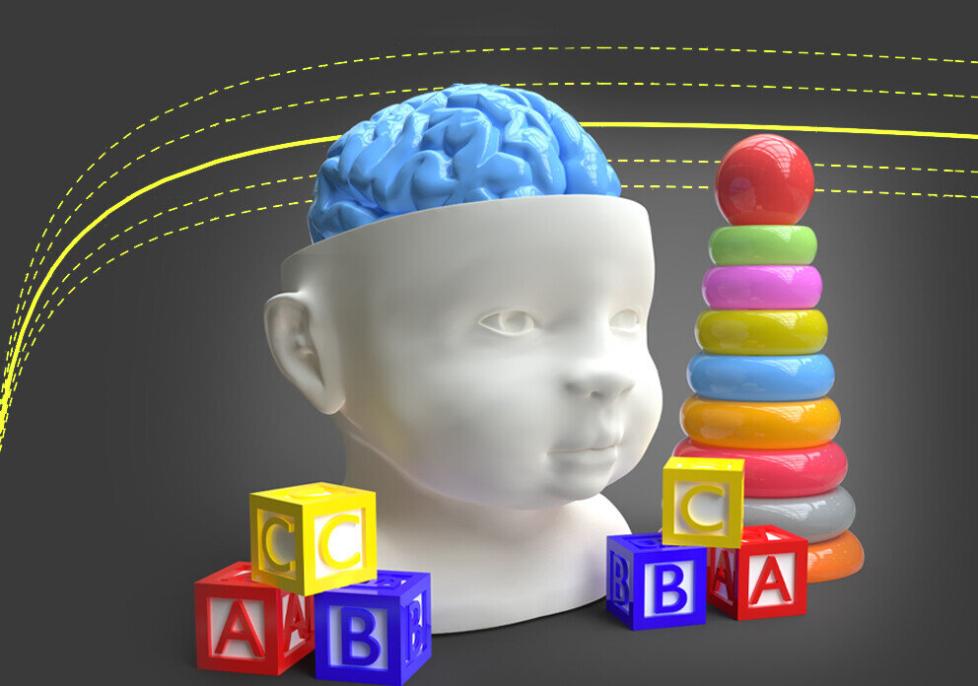What Are the Effects of Stress on the Brain?
Stress is a natural part of life, and it can be helpful in some situations. For example, stress can motivate us to study for a test or to perform well at work. However, chronic stress can have a negative impact on our physical and mental health, including our brain.

Understanding the effects of stress on the brain is crucial for developing effective strategies to manage stress and promote mental well-being.
Physiological Effects Of Stress On The Brain
Activation Of The Hypothalamic-Pituitary-Adrenal (HPA) Axis
- The HPA axis is a complex system that regulates the body's response to stress.
- When we experience stress, the hypothalamus releases corticotropin-releasing hormone (CRH), which signals the pituitary gland to release adrenocorticotropic hormone (ACTH).
- ACTH then stimulates the adrenal glands to release cortisol, a hormone that helps the body respond to stress.
Cortisol has a number of short-term and long-term effects on the body, including:
- Increased heart rate and blood pressure
- Heightened alertness and energy
- Suppression of the immune system
- Impaired digestion
- Increased risk of weight gain
- Long-term exposure to cortisol can lead to a number of health problems, including heart disease, stroke, and diabetes.
Impact On The Amygdala And Hippocampus
- The amygdala is a brain region involved in processing emotions, particularly fear and anxiety.
- The hippocampus is a brain region involved in memory formation and consolidation.
- Chronic stress can lead to structural and functional changes in the amygdala and hippocampus.
- These changes can result in increased anxiety, impaired memory, and difficulty concentrating.
Neuroinflammation And Oxidative Stress
- Neuroinflammation is a process that involves the activation of the brain's immune cells in response to injury or infection.
- Oxidative stress is a process that involves the production of free radicals, which can damage cells.
- Chronic stress can lead to neuroinflammation and oxidative stress, which can contribute to neuronal damage and cell death.
- These processes may play a role in the development of neurodegenerative disorders, such as Alzheimer's disease and Parkinson's disease.
Psychological Effects Of Stress On The Brain
Impaired Cognitive Function
- Stress can have a negative impact on cognitive function, including attention, memory, and decision-making.
- This is likely due to the effects of stress on the prefrontal cortex, a brain region involved in these cognitive processes.
- Impaired cognitive function can have a significant impact on academic performance, work productivity, and overall well-being.
Increased Risk Of Mental Health Disorders
- Chronic stress is associated with an increased risk of developing mental health disorders, such as depression, anxiety, and post-traumatic stress disorder (PTSD).
- Stress can trigger or exacerbate these disorders by altering brain chemistry and function.
- For example, stress can lead to decreased levels of serotonin and dopamine, neurotransmitters that are involved in mood and motivation.
Impact On Mood And Behavior
- Stress can have a significant impact on mood and behavior.
- People who experience chronic stress are more likely to experience irritability, mood swings, and emotional instability.
- Stress can also lead to impulsive behavior, aggression, and substance abuse.
- These effects are likely due to the effects of stress on the brain's reward system, which is involved in motivation and pleasure.
Protective Mechanisms And Resilience
The Role Of Neurogenesis
- Neurogenesis is the process of generating new neurons.
- It occurs in certain regions of the brain, including the hippocampus.
- Neurogenesis is thought to play a role in learning and memory, and it may also help to protect against the effects of stress.
The Importance Of Social Support
- Social support can play a protective role in reducing the impact of stress on the brain.
- Social interaction can activate the parasympathetic nervous system, which promotes relaxation and reduces stress.
- Social support can also help to buffer the effects of stress on mental health.
Stress can have a significant impact on the brain, both physiologically and psychologically. Chronic stress can lead to a number of health problems, including heart disease, stroke, diabetes, and mental health disorders. However, there are a number of things that people can do to manage stress and protect their brain health, such as exercise, relaxation techniques, and social support.
If you are experiencing significant stress or mental health challenges, it is important to seek professional help.

YesNo

Leave a Reply